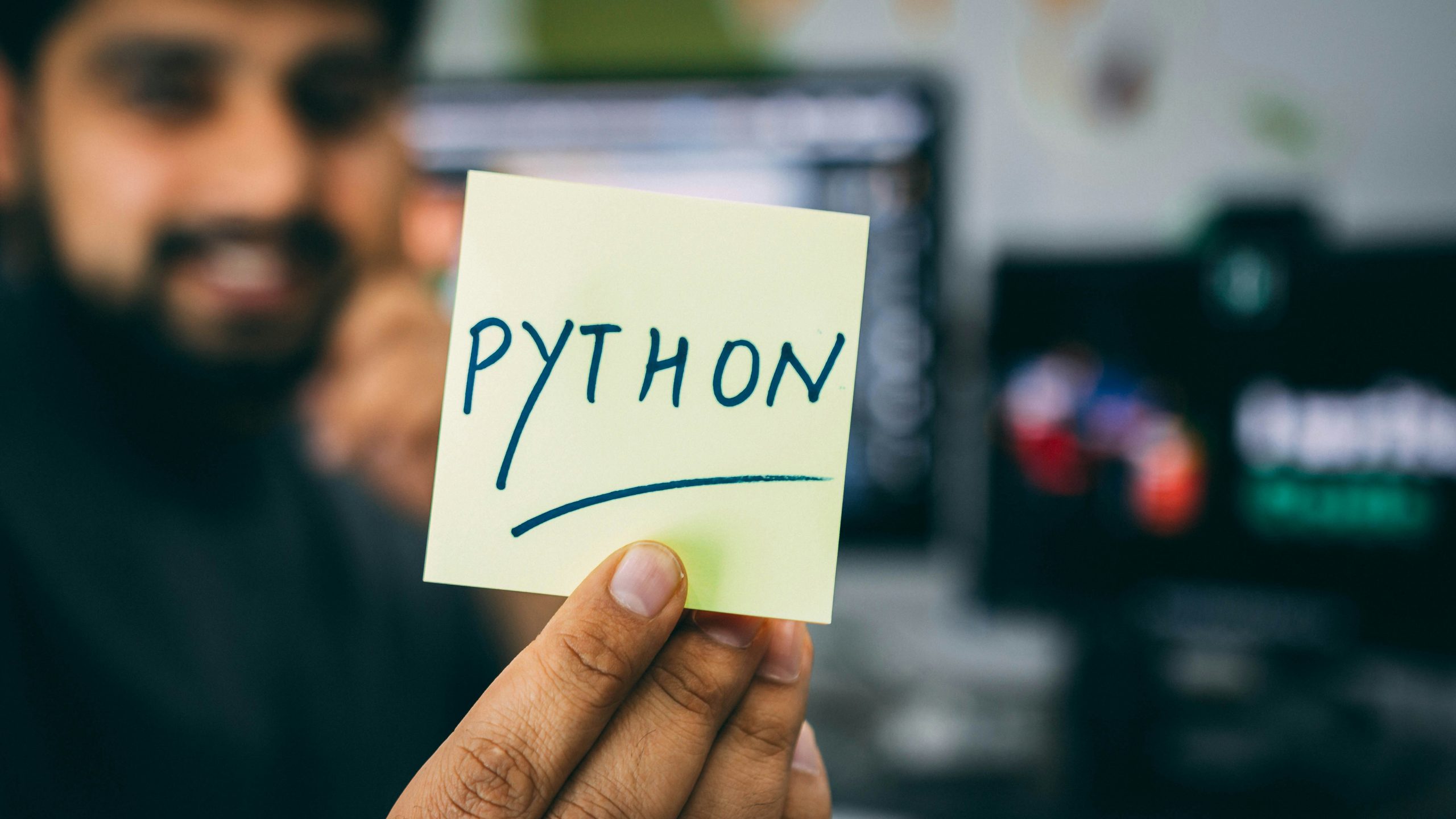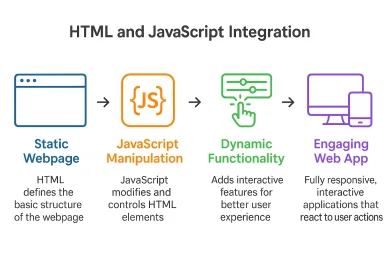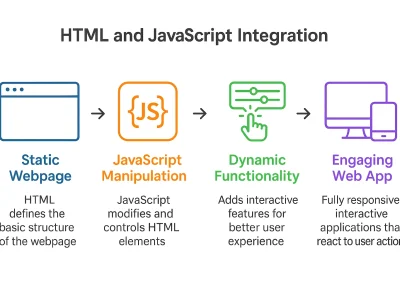Introduction
Error handling is a crucial aspect of writing robust and reliable Python code. It allows developers to gracefully manage unexpected situations, prevent program crashes, and provide meaningful feedback to users. This comprehensive guide will explore the intricacies of error handling in Python, covering everything from the basics to advanced techniques and best practices.
Basics of try, except, and finally
At the core of Python’s error handling mechanism are three key statements: try, except, and finally. These statements work together to create a structured approach to managing exceptions.
The try Block
The try block is used to enclose the code that might raise an exception. It’s the first step in implementing error handling in your Python programs.
try: # Code that might raise an exception result = 10 / 0 # This will raise a ZeroDivisionError
The except Block
The except block follows the try block and specifies how to handle the exception if it occurs. You can have multiple except blocks to handle different types of exceptions.
try:
result = 10 / 0
except ZeroDivisionError:
print("Error: Division by zero is not allowed.")
The finally Block
The finally block, if present, is executed regardless of whether an exception occurred or not. It’s typically used for cleanup operations.
try:
file = open("example.txt", "r")
# Perform operations on the file
except FileNotFoundError:
print("Error: File not found.")
finally:
file.close() # This will always be executed
Using the try Block in Python
The try block is the foundation of exception handling in Python. It allows you to isolate potentially problematic code and prepare for possible exceptions.
When to Use try Blocks
Use try blocks when:
- You’re working with external resources (files, network connections)
- Performing operations that might fail (division, type conversions)
- Calling functions that can raise exceptions
Nesting try Blocks
Try blocks can be nested to handle exceptions at different levels of your code:
try:
try:
result = int("not a number")
except ValueError:
print("Inner exception: Invalid conversion")
raise # Re-raise the exception
except ValueError:
print("Outer exception: Caught the re-raised exception")
Handling Exceptions with the except Block
The except block is where you specify how to handle exceptions that occur within the corresponding try block.
Catching Specific Exceptions
It’s generally a good practice to catch specific exceptions rather than using a bare except clause:
try:
value = int(input("Enter a number: "))
result = 10 / value
except ValueError:
print("Error: Please enter a valid number.")
except ZeroDivisionError:
print("Error: Cannot divide by zero.")
Handling Multiple Exceptions
You can handle multiple exceptions in a single except block:
try:
pass
# Some code that might raise exceptions
except (ValueError, TypeError, ZeroDivisionError) as e:
print(f" An error occurred: {e}")
Using the Exception Object
The exception object can provide valuable information about the error:
try:
raise ValueError("This is a custom error message")
except ValueError as e:
print(f" Caught an exception: {e}")
print(f" Exception type: {type(e).__name__}")
Importance of the finally Block
The finally block plays a crucial role in ensuring that certain code is executed, regardless of whether an exception occurred or not.
Resource Management
Finally blocks are often used for resource cleanup:
try:
file = open("important_data.txt", "r")
# Process the file
except FileNotFoundError:
print("Error: File not found.")
finally:
file.close() # Ensure the file is closed, even if an exception occurred
Guaranteeing Execution
The finally block is guaranteed to execute, making it ideal for critical operations:
def update_database():
connection = create_database_connection()
try:
# Perform database operations
pass
except DatabaseError:
print("An error occurred while updating the database.")
finally:
connection.close() # Always close the connection
Combining try, except, and finally in Practice
Combining these three statements allows for comprehensive error handling and resource management.
def read_and_process_file(filename):
try:
file = open(filename, "r")
try:
content = file.read()
# Process the content
return process_content(content)
except ValueError as e:
print(f"Error processing file content: {e}")
finally:
file.close()
except FileNotFoundError:
print(f"Error: File '{filename}' not found.")
except PermissionError:
print(f"Error: No permission to read '{filename}'.")
Using else with try-except
The else clause in a try-except block is executed if no exception is raised in the try block. It’s useful for code that should only run if the try block succeeds.
try:
number = int(input("Enter a positive number: "))
if number <= 0:
raise ValueError("Number must be positive")
except ValueError as e:
print(f"Invalid input: {e}")
else:
print(f"You entered: {number}")
finally:
print("Execution completed.")
Common Error Handling Mistakes to Avoid
While implementing error handling, be aware of these common pitfalls:
-
- Catching All Exceptions:
Avoid using bare except clauses, as they can mask unexpected errors:try: # Some code pass except: # This is too broad pass # This silently ignores all errors - Ignoring Exceptions:
Don’t catch exceptions without handling them properly:try: important_operation() except SomeError: pass # This ignores the error without any logging or handling - Using Exception for Control Flow:
Avoid using exceptions for normal control flow:def get_item(list, index): try: return list[index] except IndexError: return None # Better to check the index first - Not Cleaning Up Resources:
Always ensure that resources are properly closed or released:file = open("data.txt", "r") # Operations on the file file.close() # This might not be executed if an exception occurs - Not Cleaning Up Resources:
Always ensure that resources are properly closed or released:file = open("data.txt", "r") # Operations on the file file.close() # This might not be executed if an exception occurs
- Catching All Exceptions:
Best Practices for Error Handling in Python
Follow these best practices to write more robust and maintainable code:
- Be Specific with Exception Types
Catch specific exceptions rather than using broad exception clauses:try: # Some code pass except (ValueError, TypeError) as e: print(f"An error occurred: {e}" - Use Context Managers
Utilize context managers (with statements) for resource management:with open("file.txt", "r") as file: content = file.read() # Process content # File is automatically closed after the block - Log Exceptions
Use logging to record exceptions for debugging and monitoring:import logging try: # Some code pass except Exception as e: logging.error(f" An unexpected error occurred: {e}", exc_info=True) - Raise Custom Exceptions
Create custom exceptions for application-specific errors:class CustomValueError(ValueError): pass def process_value(value): if value < 0: raise CustomValueError("Value cannot be negative") # Process the value - Use finally for Cleanup
Ensure cleanup code is always executed using finally blocks:lock = acquire_lock() try: # Critical section finally: release_lock(lock) - Avoid Catching BaseException
BaseException includes system exits and keyboard interrupts, which you usually don’t want to:try: # Some code except Exception as e: # This is better than catching BaseException print(f"An error occurred: {e}")
Conclusion
Error handling is an essential skill for Python developers. By mastering the use of try, except, else, and finally blocks, you can write more robust and reliable code. Remember to catch specific exceptions, use context managers for resource handling, and follow best practices like logging errors and creating custom exceptions when appropriate. Effective error handling not only prevents crashes but also improves the overall quality and maintainability of your Python programs. As you continue to develop your skills, always strive to write code that gracefully handles unexpected situations, providing a better experience for both developers and end-users.
Level up your Python skills with our course and master advanced scraping and automation. Enroll Now!
If this guide helped you, bookmark it or share it with others.





